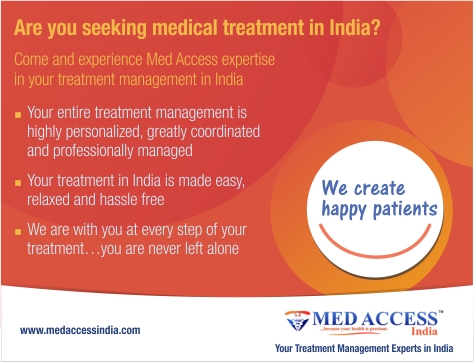Some Important facts about Hepatitis C
Many people with Hepatitis have no symptoms. But you could notice these:
- Jaundice (a condition that causes yellow eyes and skin, as well as dark urine)
- Stomach pain
- Loss of appetite
- Nausea
- Fatigue
Early diagnosis can prevent health problems that may result from infection and prevent transmission of the virus.
There is no vaccine for hepatitis C, therefore prevention of HCV infection depends upon reducing the risk of exposure to the virus in health-care settings, in higher risk populations
How Do You Get It?
The virus spreads through the blood or body fluids of an infected person.
You can catch it from:
- Sharing drugs and needles
- Having sex, especially if you have an STD, an HIV infection, several partners, or have rough sex
- Being stuck by infected needles
- Birth — a mother can pass it to a child
Hepatitis C isn’t spread through food, water, or by casual contact.
Who Gets It?
The CDC recommends you get tested for the disease if you:
- Received blood from a donor who had the disease.
- Have ever injected drugs.
- Had a bloodtransfusion or an organ transplant before July 1992.
- Received a bloodproduct used to treat clotting problems before 1987.
- Were born between 1945 and 1965.
- Have been on long-term kidney dialysis.
- Have HIV.
- Were born to a mother with hepatitisC.
How Is It Diagnosed?
You can get a blood test to see if you have the hepatitis C virus.
Due to the fact that acute HCV infection is usually asymptomatic, few people are diagnosed during the acute phase. In those people who go on to develop chronic HCV infection, the infection is also often undiagnosed because the infection remains asymptomatic until decades after infection when symptoms develop secondary to serious liver damage.
HCV infection is diagnosed in 2 steps:
Screening for anti-HCV antibodies with a serological test identifies people who have been infected with the virus.
If the test is positive for anti-HCV antibodies, a nucleic acid test for HCV RNA is needed to confirm chronic HCV infection because about 15–45% of people infected with HCV spontaneously clear the infection by a strong immune response without the need for treatment. Although no longer infected, they will still test positive for anti-HCV antibodies.
After a person has been diagnosed with chronic hepatitis C infection, they should have an assessment of the degree of liver damage (fibrosis and cirrhosis). This can be done by liver biopsy or through a variety of non-invasive tests.
In addition, these people should have a laboratory test to identify the genotype of the hepatitis C strain. There are 6 genotypes of the HCV and they respond differently to treatment. Furthermore, it is possible for a person to be infected with more than one genotype. The degree of liver damage and virus genotype are used to guide treatment decisions and management of the disease.
Are There Any Long-Term Effects?
Yes. About 75% to 85% of people who have it develop a long-term infection called chronic hepatitis C. It can lead to conditions like liver cancer and cirrhosis, or scarring of the liver. This is one of the top reasons people get liver transplants.
( Source WebMD)
Med Access India is providing complete treatment management to the patients seeking affordable hepatitis C treatment in India which includes ensuring meeting the right doctors, arriving at the right diagnosis, sourcing of medicines from reliable sources and management of the entire treatment and the trip. Please contact us at + 91 9823226011, info@medaccessindia.com.

